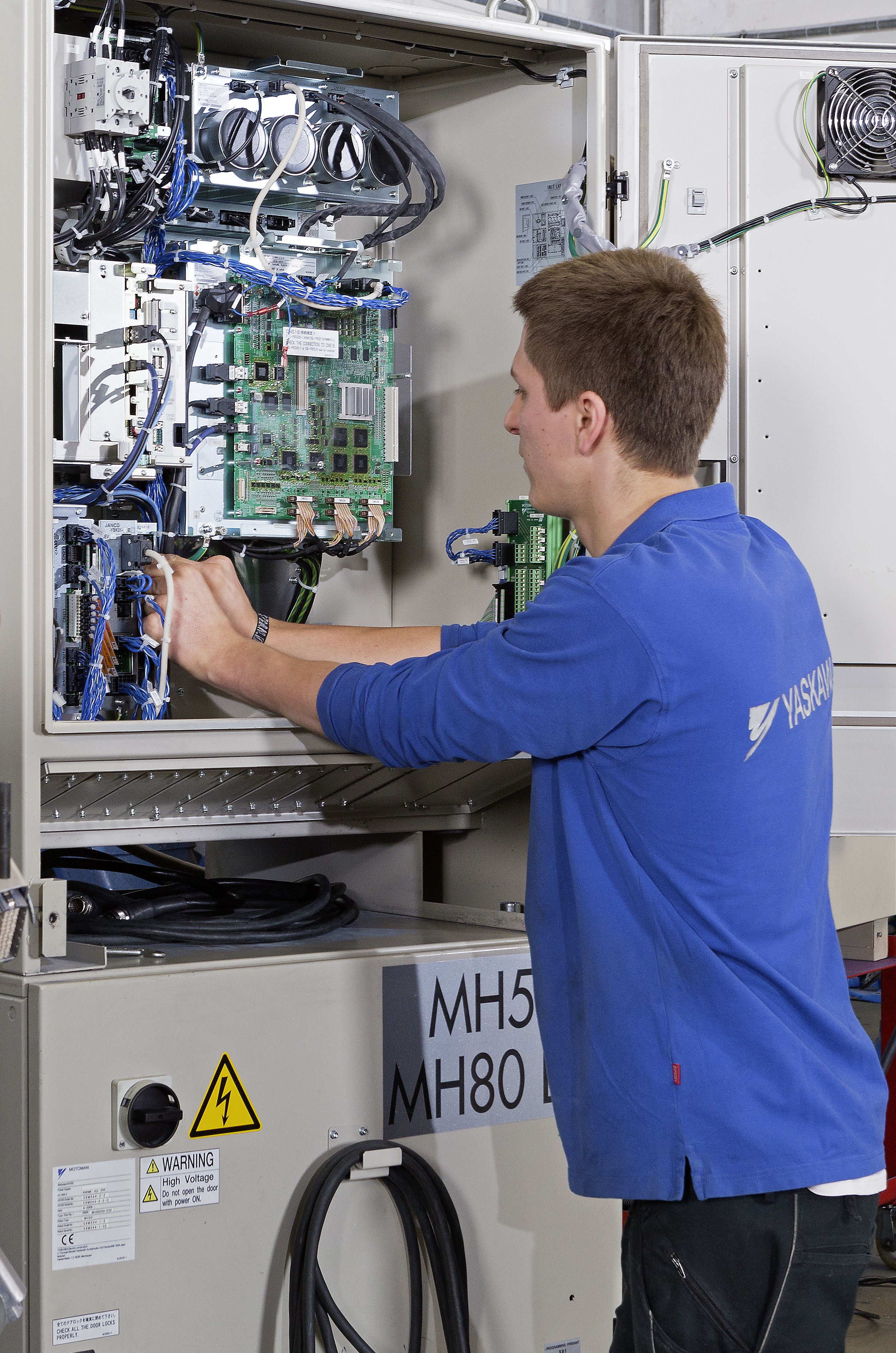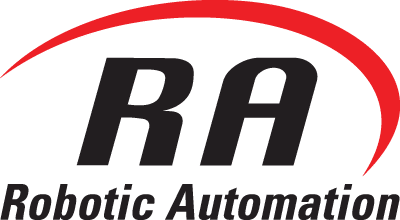Tech Support: Nice to have,
or now ESSENTIAL?
March 9, 2021
Colin Wells, managing director of Robotic Automation, takes a closer look at the evolution of tech support in Australia, and the critical decisions businesses need make to maximise the lifetime performance of their automation systems.
Have you had a look under your car’s bonnet lately? Technology has evolved at such a rapid pace that the good old days of self-servicing one’s own equipment is long gone and hiring a professional is accepted as the new norm.
The same applies to modern technology solutions employed in manufacturing. Today’s complex operating systems require certain specialised knowledge that can only come from trained technicians who possess the skills required to carry out critical servicing.
For example, a modern palletising system uses multiple elements coupled together such as robots, AGVs, packaging equipment, vision systems, laser scanners, barcode readers, labelers, PLC control systems etc. All are important elements that make up a modern, complex system requiring a commensurate level of tech support.
It is interesting today to observe company procurement practices that still appear to not properly take into consideration the level of ongoing tech support that is required for the full lifecycle of their system.
Gone are the days when companies were able to provide their own in-house tech support. Some ageing systems have had their operational life extended way past their use-by-date by utilising a combination of having the right spares in stock and the appropriate tech support available. These systems generally had much simpler technology. However, in today’s dynamic, global manufacturing environment this is a high-risk strategy.
In addition, consideration needs to be given to the increasing issues in the market regarding spare parts, For example;
- Previously, the components involved in a modern automation system were easy to replace. However due to market pressure on component manufacturers to constantly upgrade their offering, availability has reduced drastically. Translated into the lifecycle of a whole system it is possible the components you are looking to replace can be four to five generations out of date!
- Many suppliers have embarked on securing future demand for their products by ensuring their parts are hard to replace with another brand. With software, wiring, and plugs all being unique it makes it difficult to swap out a part for another brand.
There is a simple solution to combat these issues: companies need to allocate some funds for spares. The client, with the help of the SI (System Integrator), has the option to acquire what is deemed to be the minimum spares package rated on a risk basis when the system is initially purchased.
“Today’s complex operating systems require certain specialised knowledge that can only come from trained technicians…”
These critical decisions give a business the peace of mind and confidence that by conducting early due diligence it has taken significant steps to remediate any future issues which arise. This small investment up front could save a huge amount of down time, expense, and stress.
Do I hear a call for the SI to carry these spares? This is difficult as the component required could be one of only a few in the country or the only units ever sold by that SI.
How about leaning on the SI’s supplier located, for example, in Europe? This is a challenging unknown given the issues listed in the examples above as well as unknown supply chain and time frame issues for door-to-door delivery during Covid-19, as an example.
Unfortunately the pandemic has presented all sorts of issues for the manufacturing sector, however, one unexpected positive outcome is that, due to the restrictions regarding entry into Australia, our tech support team have been heavily involved with the installation of specialised robotic systems delivered by overseas integrators. The outcome has been beneficial for the client as they now have a knowlegeable, local tech support resource which they were probably unaware of.
Industry, along with society, points to the direction of future equals change in most walks of life. One thing is for sure: we are not returning to the old ways. And frankly, I don’t want to, as I much prefer the car I drive today over the one 20 years ago.

